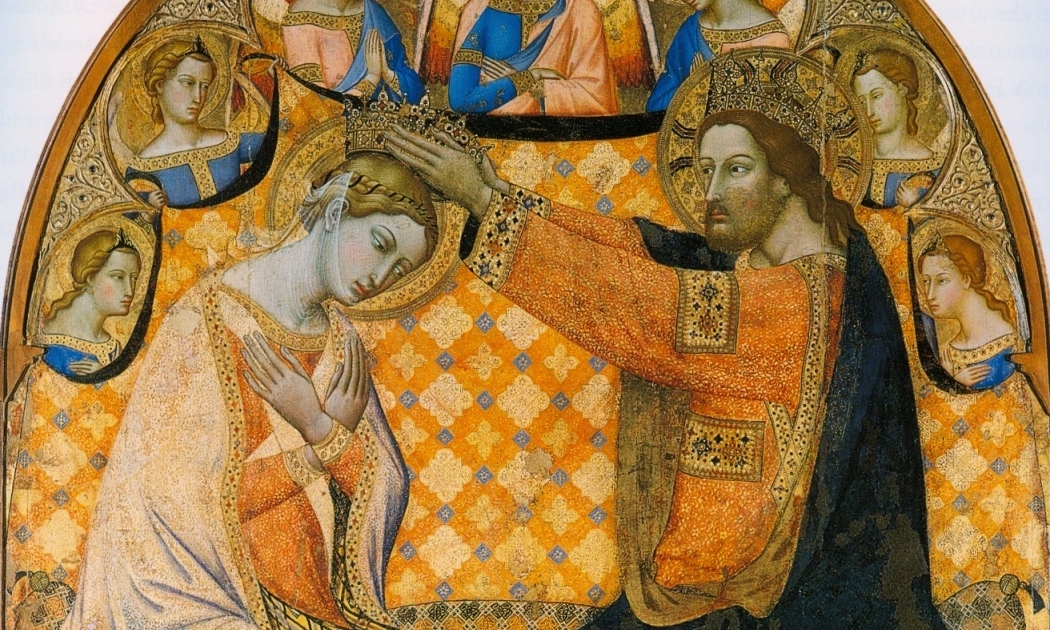I said, ‘You are gods.’
The saying sounds like something from the ancient philosopher Protagoras, who declared that man is the measure of all things. It might also have been uttered by that late-modern anti-prophet, Friedrich Nietzsche, who augured that a race of supermen would overthrow the old order and establish a radically new system of values. The saying also bears a resemblance to the first of Satan’s dealings with men: “God knows that when you eat of it your eyes will be opened, and you will be like God” (Gen 3:5).
In fact, the saying “You are gods” comes from the Psalms. It would have been studied by scribes and sung in synagogues for centuries before it was quoted by Jesus, as reported in the middle of the last Gospel (Jn 10:34). And yet, until Jesus, its import was not fully understood.
In John 10, Jesus’ opponents accuse him of usurping the place of God. In effect, he responds by asking them to reconsider just how much God may love the world. The Scriptures teach that God graciously made his ministers similar to himself (e.g., Ex 21:6). In the Book of Exodus, God says to Moses: “See, I make you as God to Pharoah” (Ex 7:1). Is it so unlikely then that God would come closer to his people, such that a man who had worked great wonders could say, “I am the Son of God”? It is as if Jesus’ opponents were objecting to him, “God is great!” And he were to respond, “You do not know how great God is.”
From the beginning God created man to have a special relationship to himself. He created him “in the image and likeness of God,” which means, among other things, that God made man the steward of the earth and a kind of representative of God in the visible realm. It means also that man was capable of a certain closeness with God, an intimacy that the Scriptures signal by God’s careful molding of man from the dust, his breathing into his nostrils the breath of life, and his walking among them in the garden “in the cool of the day” (Gen 3:8).
But man listened to the Devil and tried to be a god apart from God. In a limited, twisted sense, Satan told the truth: man became his own little god, outside the garden, in the tearful valley of the shadow of death. But God wished to bring man back to himself. Just as in the beginning he had made man in his image, so in the fullness of time he made himself in the image of man—that is, he became man in Christ—so that men might be united to the God-man and so be made gods in God. This is what it means to enjoy sanctifying grace, nothing less than to participate in the divine nature (2 Pet 1:4).
The Devil has no power to make us into true gods, nor can human beings achieve divinity apart from the one who is per se divine. And yet Satan continues to urge us: “your eyes will be opened, and you will be like God.” But the malice of Satan is not greater than the charity of God. Jesus is God’s perfect counter-offer, nothing less than the offering of himself.
God so loved the world. The question then is, what sort of gods shall we be?
✠
Image: Jacopo de Mino Pellicciaio, Coronation of the Virgin







